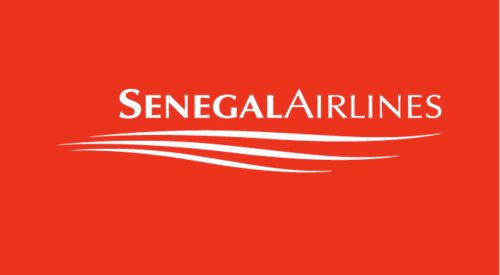Petroleum / Mining in Sierra Leone
-
BOTSWANA, 2017/05/04
Ghana and Nigeria are the first countries to respond to reports of European companies exploiting weak fuel standards in Africa. Stricter limits on the sulfur content of diesel will come into force on July 1.
Governments in West Africa are taking action to stop the import of fuel with dangerously high levels of sulfur and other toxins. Much of the so-called "dirty diesel" originates in Europe, according to a report published by Public Eye, a Swiss NGO, last year.
The report exposed what Public Eye calls the "illegitimate business" of European oil companies and commodities traders selling low quality fuel to Africa. While European standards prohibit the use of diesel with a sulfur content higher than 10 parts per million (ppm), diesel with as much as 3,000 ppm is regularly exported to Africa.
-
BOTSWANA, 2016/05/11
Oil, gold, diamonds, palm oil, cocoa, timber: raw materials have long been linked to Africa in a lot of businesspeople’s minds. And in fact the continent is highly dependent on commodities: they constitute as much as 95% of some nations’ export revenues, according to the United Nations Conference on Trade and Development.
But propping a country’s entire economy on commodities is risky business, like building a mountainside home on stilts. You can’t be sure about the weather, or in this case the commodities market. The current free-fall of oil prices to less than $40 a barrel is a glaring example. “The commodities cycle has tanked out,” says Austin Okere, founder of Computer Warehouse Group (CWG), a Nigerian emerging multinational financial services company. “And this time it looks additional structural than cyclical, so it’s not a matter of waiting it out. Something has to give.”
-
SIERRA LEONE, 2014/02/23
The government of Sierra Leone and a mining company that is the country's major private employer have undermined villagers' access to food and prevented workers from challenging abusive practices, Human Rights Watch said in a statement released today.
The government should ensure that economic development projects in the booming post conflict country do not come at the expense of the human rights of local populations.
The 96-page statement, "Whose Development?: Human Rights Abuses in Sierra Leone's Mining Boom," documents how the government and London-based African Minerals Limited forcibly relocated hundreds of families from verdant slopes to a flat, arid area in Tonkolili District. As a result, residents lost their ability to cultivate crops and engage in gain generating activities that once sustained them. Police carried out a bloody crackdown in the town of Bumbuna in April 2012 to quell a turmoil by workers who went on strike next being barred from forming a union of their own choosing.
-
SIERRA LEONE, 2013/10/09
Sunergy Awaits Approval on Pampana Exploration License and Initiates Cash Flow Business Providing Mining Support Services with Existing Equipment and Enters into a Partnership with ATA Systems of Orlando, Fla. to Provide Affordable Manufactured Housing Throughout Africa
Sunergy, Inc (the “Company”) (OTC.BB:SNEY – News) We await approval of our 4 year renewal application for our Pampana River Exploration license in Sierra Leone. The Company has as well requested our “Order to pay” and await final Minerals Commission Board approval. Management’s recent visit to Sierra Leone resulted in starting an additional business for Allied Mining and Supply, Limited, providing mining support services, using our existing equipment and personnel to generate guaranteed weekly cash flow and earn a negotiated piece of gross sales in each operation in which we participate.
-
BOTSWANA, 2012/12/25
World gas request is projected to reach 3,460.7 billion cubic meters (bcm) in 2013, constituting an increase of 3.6% from 3,341.4 bcm in 2012. North America's gas consumption is estimate to reach 890.3 bcm in 2013, equivalent to 25.7% of world request. It would be followed by Asia & Australia with 720.8 bcm (20.8%), Eastern Europe & the Commonwealth of Independent States with 587.4 bcm (17%), Western Europe with 533 bcm (15.4%), the Middle East with 445.7 bcm (12.9%),








